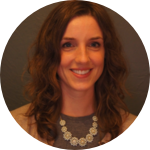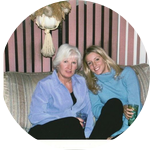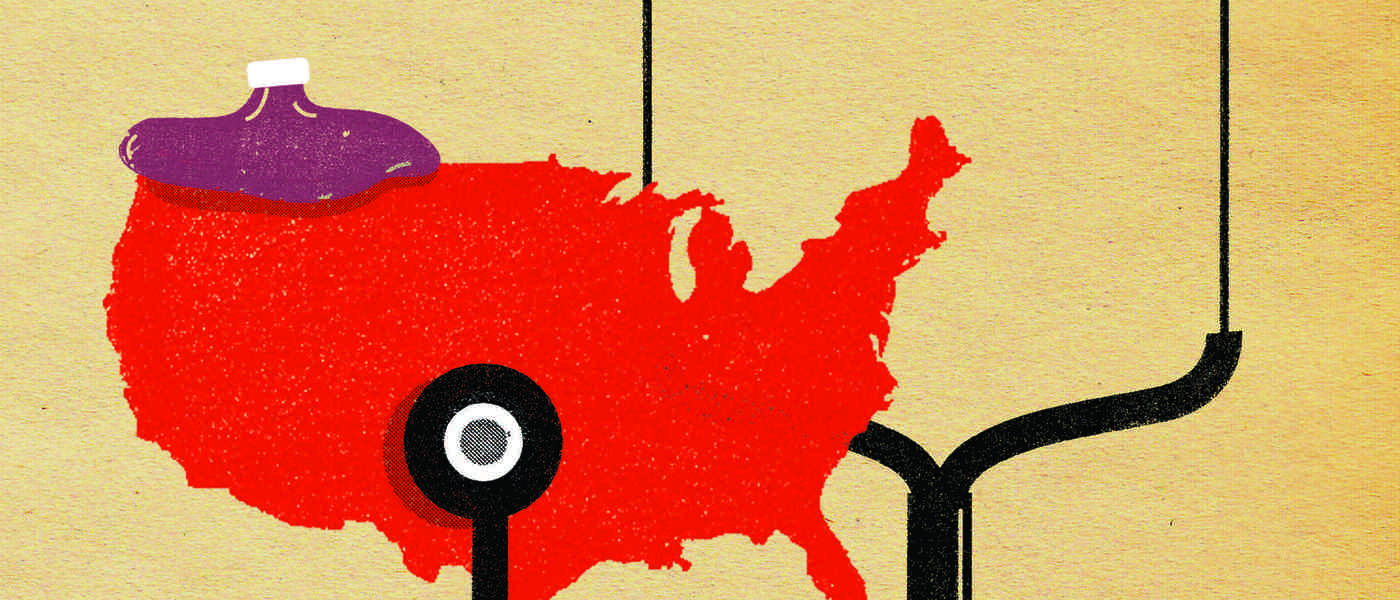Please wait...
About This Project
Sick or injured patients depend upon healthcare providers to heal what ails them. But what if the very act of seeking healthcare was harmful? Healthcare institutions are often trusted to abide by the Hippocratic oath to "First, do no harm." In most cases, compassionate care allays concerns and speeds recovery. I seek to understand how the violation of this trust - institutional betrayal - may impact health and health-related behavior.
More Lab Notes From This Project

Browse Other Projects on Experiment
Related Projects
How does involvement in kink, fetish or BDSM impact a person's health?
Kink-involved people engage in atypical erotic activities such as bondage, rough sex, and fetish activities...
How does taking Ritalin affect depersonalization-derealization disorder patients?
We are investigating Ritalin's role in alleviating symptoms of depersonalization-derealization (DPDR) disorder...
How does sleep deprivation impact problematic eating?
Research studies have linked characteristics of eating disorders (e.g., binge eating, extreme dieting) with...



